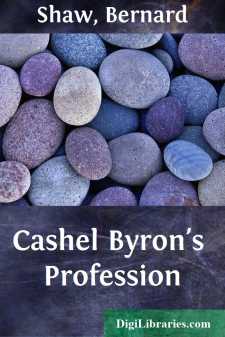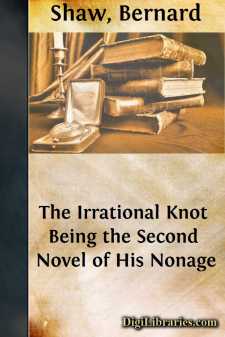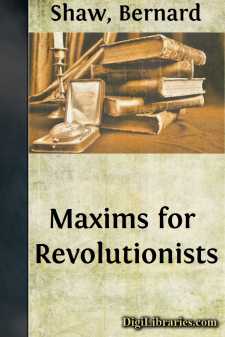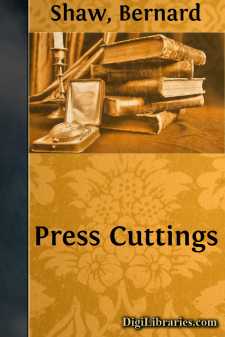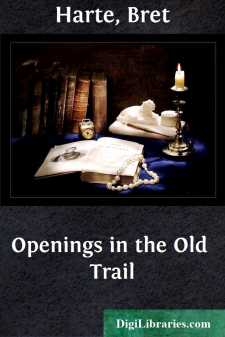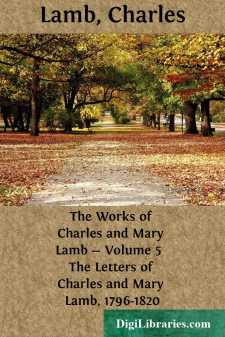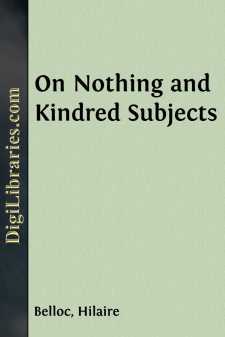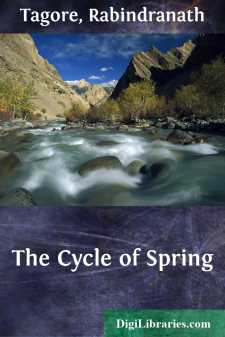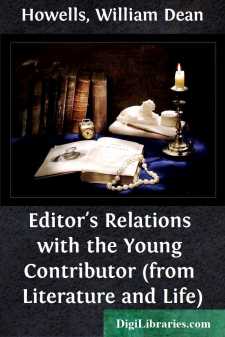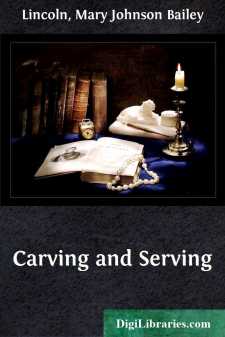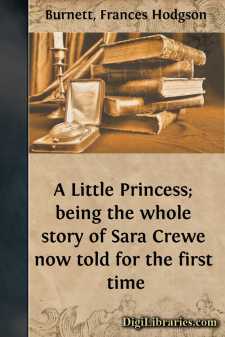Categories
- Antiques & Collectibles 13
- Architecture 36
- Art 48
- Bibles 22
- Biography & Autobiography 813
- Body, Mind & Spirit 142
- Business & Economics 28
- Children's Books 17
- Children's Fiction 14
- Computers 4
- Cooking 94
- Crafts & Hobbies 4
- Drama 346
- Education 46
- Family & Relationships 57
- Fiction 11829
- Games 19
- Gardening 17
- Health & Fitness 34
- History 1377
- House & Home 1
- Humor 147
- Juvenile Fiction 1873
- Juvenile Nonfiction 202
- Language Arts & Disciplines 88
- Law 16
- Literary Collections 686
- Literary Criticism 179
- Mathematics 13
- Medical 41
- Music 40
- Nature 179
- Non-Classifiable 1768
- Performing Arts 7
- Periodicals 1453
- Philosophy 64
- Photography 2
- Poetry 896
- Political Science 203
- Psychology 42
- Reference 154
- Religion 513
- Science 126
- Self-Help 84
- Social Science 81
- Sports & Recreation 34
- Study Aids 3
- Technology & Engineering 59
- Transportation 23
- Travel 463
- True Crime 29
Revolutionist's Handbook and Pocket Companion
by: Bernard Shaw
Categories:
Description:
Excerpt
FOREWORD
A revolutionist is one who desires to discard the existing social order and try another.
The constitution of England is revolutionary. To a Russian or Anglo-Indian bureaucrat, a general election is as much a revolution as a referendum or plebiscite in which the people fight instead of voting. The French Revolution overthrew one set of rulers and substituted another with different interests and different views. That is what a general election enables the people to do in England every seven years if they choose. Revolution is therefore a national institution in England; and its advocacy by an Englishman needs no apology.
Every man is a revolutionist concerning the thing he understands. For example, every person who has mastered a profession is a sceptic concerning it, and consequently a revolutionist.
Every genuine religious person is a heretic and therefore a revolutionist.
All who achieve real distinction in life begin as revolutionists. The most distinguished persons become more revolutionary as they grow older, though they are commonly supposed to become more conservative owing to their loss of faith in conventional methods of reform.
Any person under the age of thirty, who, having any knowledge of the existing social order, is not a revolutionist, is an inferior.
AND YET
Revolutions have never lightened the burden of tyranny: they have only shifted it to another shoulder.
JOHN TANNER
ON GOOD BREEDING
If there were no God, said the eighteenth century Deist, it would be necessary to invent Him. Now this XVIII century god was deus ex machina, the god who helped those who could not help themselves, the god of the lazy and incapable. The nineteenth century decided that there is indeed no such god; and now Man must take in hand all the work that he used to shirk with an idle prayer. He must, in effect, change himself into the political Providence which he formerly conceived as god; and such change is not only possible, but the only sort of change that is real. The mere transfiguration of institutions, as from military and priestly dominance to commercial and scientific dominance, from commercial dominance to proletarian democracy, from slavery to serfdom, from serfdom to capitalism, from monarchy to republicanism, from polytheism to monotheism, from monotheism to atheism, from atheism to pantheistic humanitarianism, from general illiteracy to general literacy, from romance to realism, from realism to mysticism, from metaphysics to physics, are all but changes from Tweedledum to Tweedledee: plus ça change, plus c'est la même chose. But the changes from the crab apple to the pippin, from the wolf and fox to the house dog, from the charger of Henry V to the brewer's draught horse and the race-horse, are real; for here Man has played the god, subduing Nature to his intention, and ennobling or debasing Life for a set purpose. And what can be done with a wolf can be done with a man. If such monsters as the tramp and the gentleman can appear as mere by-products of Man's individual greed and folly, what might we not hope for as a main product of his universal aspiration...?



